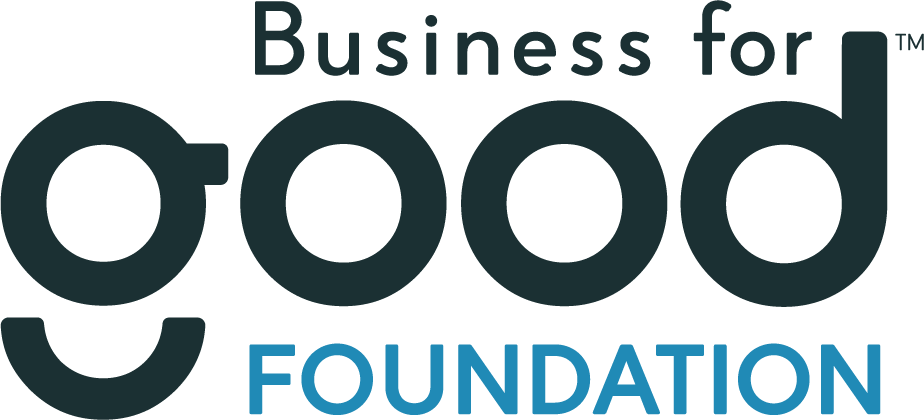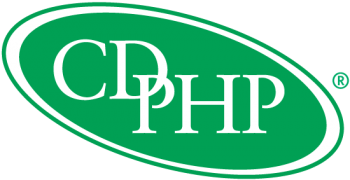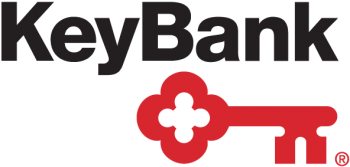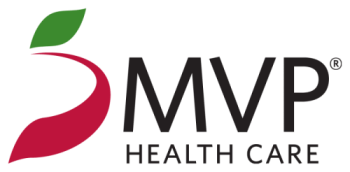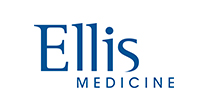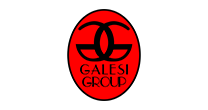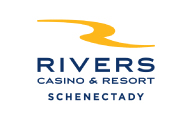News
February 23, 2017Humane Society Leaders Tapped to Visit Puerto Rican Shelter
While Puerto Rico is part of the United States, its extreme stray animal problems are a world away from ours. Tens of thousands of dogs roam the streets dodging cars and living under dumpsters. There is a 95 percent euthanasia rate for the dogs and cats entering shelters. For years, animal advocates in Puerto Rico have been trying to cope with the neglect, cruelty and massive stray animal population, where spay/neuter is not widely practiced, but animal abandonment is.
In 2015 the Humane Society of the United States (HSUS) and the government of Puerto Rico launched a Humane Puerto Rico initiative aimed at addressing these problems. The Sister Shelter Project is an outgrowth of this initiative and next week nine animal welfare groups on the island will be paired with representatives from leading shelters across the U.S. to establish relationships that will provide ongoing mentorship, guidance and moral support. Among them are representatives from Mohawk Hudson Humane Society.
On Monday, February 20, Brad Shear, MHHS president and CEO, and Todd Cramer, VP for operations, will travel to Penuelas Puerto Rico to spend two days with the staff of Animal Rescue and Protection Services Inc., a shelter that provides emergency and rescue services. Their mission: “ … rescue and protection of stray dogs thus saving them from a certain death on the streets of Puerto Rico.”
As HSUS Emergency Placement Partner members, MHHS leaders were selected from a network of over 285 shelters and rescues nationwide for their expertise and broad knowledge base in areas that will be of great benefit to the Puerto Rican shelters. MHHS has been able to reduce euthanasia by over 70% in the past 10 years and has built two low-cost spay/neuter clinics, in addition to developing a robust humane education program – all strategies and experiences that could help its sister shelter.
“Animal shelters in Puerto Rico face serious challenges. They are handling a tremendous number of animals and have limited funding. We are looking forward to working with our sister shelter to share our knowledge and give them the guidance they need to improve the lives of animals on the island,” said Shear.


